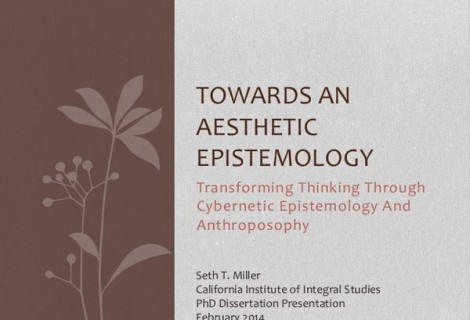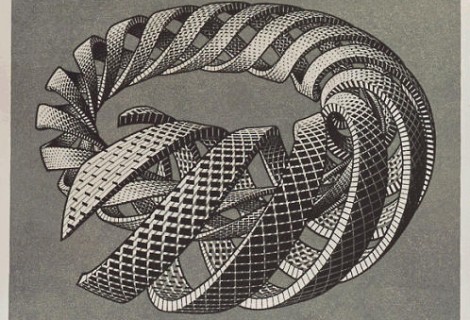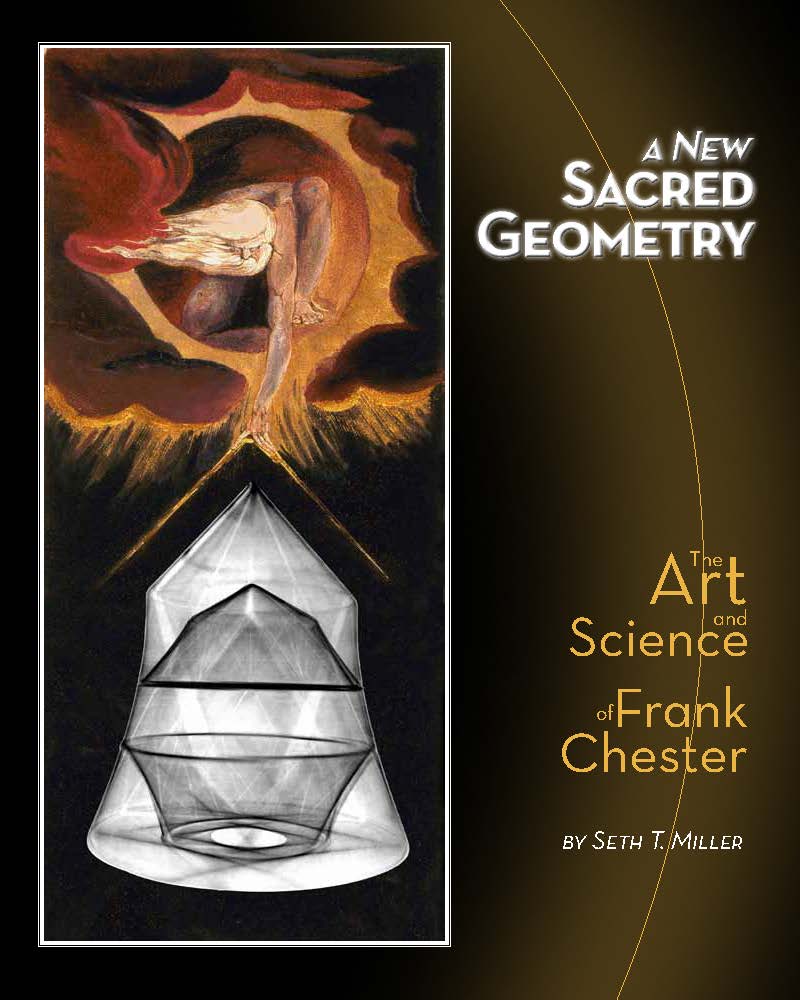how do you know what knowledge is?
It’s quite a dilemma – not being able to directly check much of what we are exposed to and presented as ‘knowledge’. Unless we begin to discover our own ways of knowing (a very difficult proposition, but I think possible), then we likely remain wanderers in the fog of our own (and other’s) unconsciousness.
Of course, at least in any near future, it doesn’t seem like subconscious situational effects can be avoided – nor do I think they should be. Much of what we enjoy as part of our everyday capacities for thinking, feeling, and willing are rooted deeply and complexly in unconscious processes. Indeed, what is normally conscious for us is perhaps one of the tiniest slices out of what can be potentially conscious, and perhaps the potentially conscious is just the tiniest slice out of the full depth and breadth of the universe as a whole – or not (because, in accord with what I just said, this is an impossible determination, requiring consciousness to take place).
In any case, pretty much EVERY modern study that follows the basic scientific practices is a study in obfuscation, requiring for its potential success a decided ignorance of as many ‘attenuating’, ‘circumstantial’, ‘probabilistic’, or ‘random’ factors as possible. The more willfully ignorant a study becomes, the more exact are its pronouncements, and the more its knowledge is sequestered from the whole. This is why all studies require additional work to be re-connected to the complex actualities of the world, necessitating interpretation, reframing, and recontextualization.
This suggests a different way of performing ‘studies’, discovered long ago by Goethe and others, in which the situatedness, the contingency, the circumstantial, are all necessarily included aspects of any attempt to work with and understand a phenomenon.





